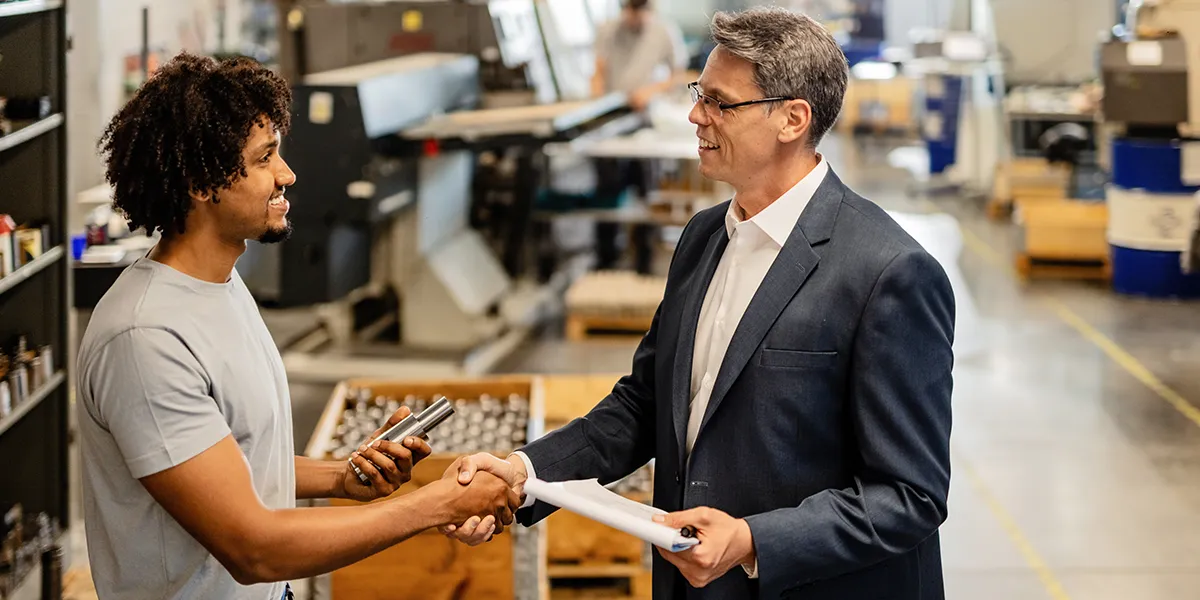Are our people really an asset in an organization? What does that asset mean? Not everyone is an asset in an organization. To be an asset, the organization and the employee himself has to act or develop themselves to be an asset.
I’ve touched on an interesting and somewhat complex point here. The idea of people being assets in an organization is something often thrown around in HR and Management discussions, but what does it really mean to be an “asset” in an organization?
Are People Asset of Our Organization?
In a broad sense, when we say people are assets in an organization, we’re usually talking about their potential to contribute to the organization’s success. It’s a more holistic, long-term view of human resources — that the employees, their skills, knowledge, experience, creativity, and even their ability to collaborate, are invaluable to achieving the company’s goals.
However, it’s important to note that not all people in an organization automatically become assets. Simply being hired or working for an organization doesn’t guarantee an employee is an asset. The relationship between the organization and the individual needs to evolve for both sides to extract value.
Both the individual and the organization must work to create an “asset” out of the relationship. The employee must show up with the right mindset, a willingness to contribute, and a drive to improve. On the flip side, the organization must be willing to provide the necessary tools, opportunities, and environment for that employee to grow.
To summarize, people can indeed be assets in an organization, but it requires active engagement and effort from both the employee and the organization to realize that potential. It’s a dynamic, ongoing process — employees need to develop, contribute, and adapt, while organizations need to support, invest in, and align people with the organization’s goals. Without that mutual development and commitment, people might just be employees, not real assets.
Crest Dynamics Management Consultancy PLT
6018-3885 822


